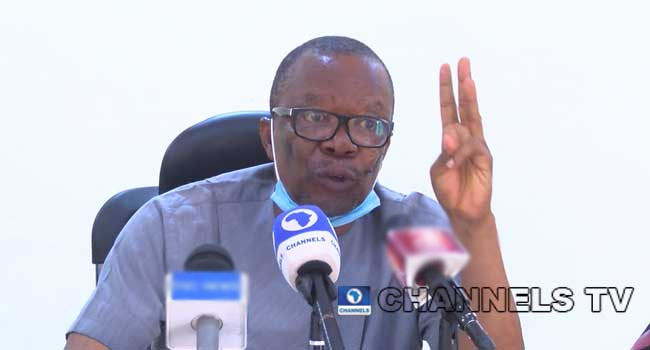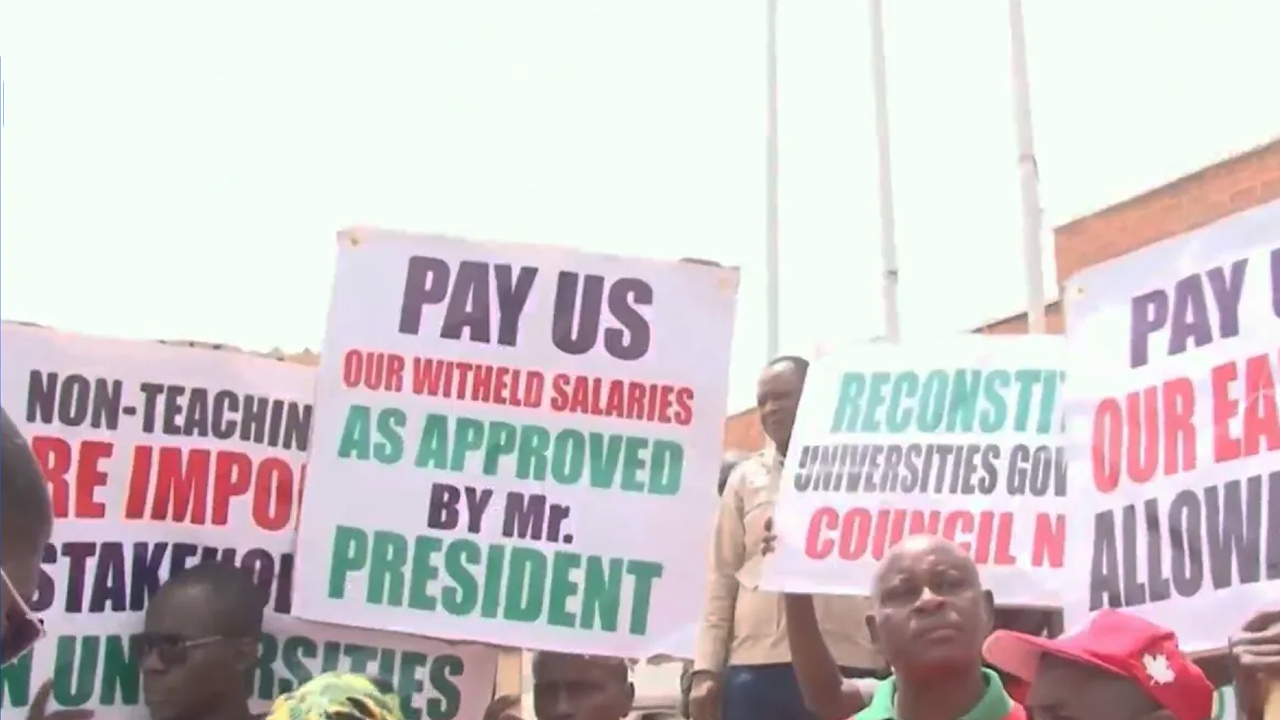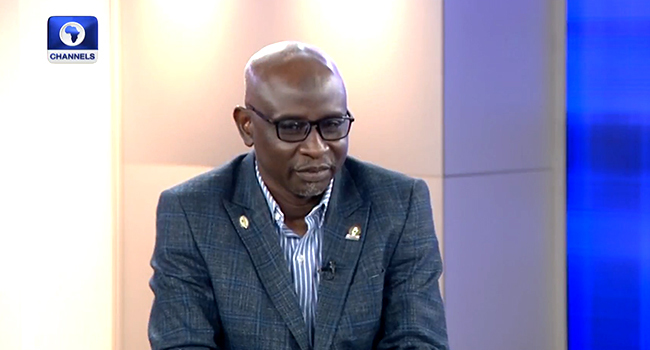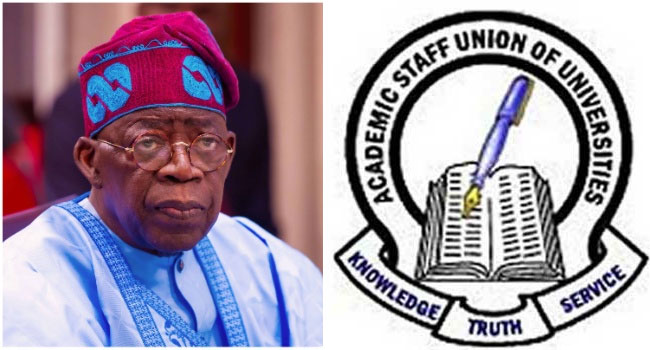
The Academic Staff Union of Universities (ASUU) has accused the Federal Government of encouraging the lingering strike over what it describes as a provocative indifference.
ASUU has been at loggerheads with the Federal Government for failing to pay the striking varsity lecturers who downed tools since February 14. The union is also demanding the revamping of the nation’s education sector among others.
In a statement on Thursday, ASUU President, Professor Emmanuel Osodeke, blamed the Nigerian government for imposing industrial action on the aggrieved lecturers.
READ ALSO: ASUU-FG Meeting Ends In Deadlock, Strike To Continue
Professor Osodeke recalled how the Munzali Jibril-led renegotiation committee submitted the first Draft Agreement in May 2021 but the “government’s official response did not come until about one year later”.
“Government imposed the ongoing strike action on ASUU and it has encouraged it to linger because of its provocative indifference,” the statement read.
“The Munzali Jibril-led renegotiation committee submitted the first Draft Agreement in May 2021 but the government’s official response did not come until about one year later! Again, the “Award” presented by the Nimi Briggs-led Team came across in a manner of take-it-or-leave-it on a sheet of paper. No serious country in the world treats their scholars this way.”
The ASUU President asked the Federal Government to return to the New Draft Agreement of the 2009 FGN/ASUU Renegotiation Committee whose work spanned a total of five and half years as a demonstration of good faith.
He stated the surreptitious move by the current administration to set aside the principle of collective bargaining, which was globally in practice, had the potential of damaging lecturers’ psyche and destroying commitment to the university system.
According to ASUU, this is, no doubt, injurious to Nigeria’s aspiration to become an active player in the global knowledge industry.
He added, “Rejecting a salary package arrived at through collective bargaining is a repudiation of government’s pronouncements on reversing ‘brain drain’.
“It is common knowledge that more now than in the 1980s and 1990s, Nigerian scholars, especially in scarce areas like science and medicine, are migrating in droves to Europe, America, and many parts of Africa such as South Africa, Rwanda, and Ghana with a supportive environment to ply their trades as well as competitive reward systems for intellectual efforts.
“Does the Nigerian government care about what becomes of public universities in another five or ten years if this trend continues?”
ASUU’s Demands
ASUU embarked on a four-week warning strike on February 14.
On March 14, the union extended the industrial action by another two months to allow the government meets all of its demands. A 12-week extension was announced on May 9.
Since May 9, the union has remained on strike, vowing to persist until its demands are met.
The academics are seeking improved welfare, revitalisation of public universities, and academic autonomy among other demands.
One bone of contention for academics is the non-payment of university revitalisation funds, which amounts to about N1.1 trillion.
But the Federal Government has said it doesn’t have the money to pay such an amount, citing low oil prices during the Muhammadu Buhari administration.
The agreement was struck in 2009.
Another is the issue of the Integrated Payroll and Personnel Information System (IPPIS).
The academics have proposed an alternative payroll system, the University Transparency and Accountability Solution (UTAS).




